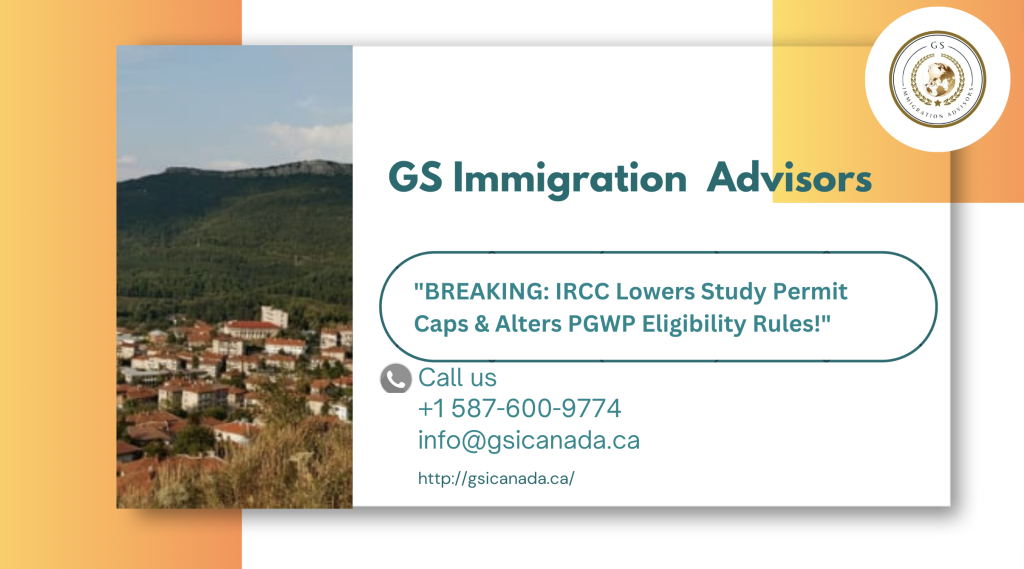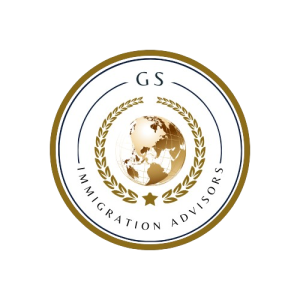
The immigration minister of Canada, Marc Miller, stated that “the cap on international students is here to stay.”
Only 437,000 study permits will be granted by Immigration, Refugees and Citizenship Canada (IRCC) in 2025. This figure, according to the department, is predicated on stabilizing the intake quota for 2026 after a 10% drop from the goal of issuing 485,000 new study permits in 2024.
Over the following four years, the IRCC anticipates that 300,000 fewer study permits will be granted to overseas students as a result of this.
The minister made a number of comments about ongoing modifications to Canada’s program for international students.
“The truth is that not everyone will be able to come to Canada, just as not everyone will be able to stay in Canada,” Miller stated.
“Our immigration system needs to be sustainably managed, well-managed, and maintain its integrity. And going forward, we’ll do everything it takes to accomplish that objective and provide fresh opportunities for success for newcomers.
PhD and master’s degree candidates must now get a provincial attestation letter.
Master’s and doctorate students will now be included in the new cap and will not be excused from getting a Provincial Attestation Letter (PAL).
The department states that, “in recognition of the benefits they bring to the Canadian labour market,” it will reserve for these students around 12% of the allocation spaces.
In order to assist the IRCC in confirming the validity of their applications and maintaining a steady supply of study permits, many college and undergraduate students were given the opportunity to apply for PALs earlier this year.
Modifications to PGWP approval
Further modifications have also been made to the prerequisites for eligibility for a Post Graduation Work Permit (PGWP). A Canadian Language Benchmark (CLB) score of 7 for university graduates and a CLB of 5 for college graduates applying after November 1 will now be needed of applicants.
Miller anticipates that during the following three years, there will be 175,000 fewer PGWPs issued as a result of this.
Spousal Open Work Permit Restrictions
Later this year, the IRCC will only allow work permits to be obtained by spouses of master’s degree students enrolled in programs that last at least 16 months. Over the following three years, it is anticipated that this will lead to the issuance of 50,000 fewer spousal work permits.
Spousal Open Work Permits, which have nothing to do with the foreign student program, will only be granted to spouses of Canadian citizens or permanent residents who work in essential industries.
Effects on the Program for Temporary Foreign Workers
Since April 2023, there has been an increase in Canada’s unemployment rate of 1.5 percentage points. According to Employment and Social Development Canada (ESDC), the 6.4% to 6.6% total unemployment rate has increased. There were 1.5 million jobless individuals in August 2024, up 60,000 (+4.3%) from the previous month.
In the near future, the number of temporary residents in Canada with work permits is expected to decline thanks to the actions announced today.
Accompanying Minister Miller, Randy Boissonnault, Minister of Employment, Workforce Development, and Official Languages, reiterated many of his previous statements regarding the purpose of the Temporary Foreign Worker Program (TFWP). He stated that the TFWP should never be used to repress or replace Canadian labor, but rather as a last resort.
Nevertheless, Minister Boissonnault pointed out that immigration accounts for 99% of Canada’s economic development. By 2032, this is anticipated to increase to 100%.
Modifications to Canada’s temporary and permanent resident thresholds
The immigration system in Canada has undergone significant changes this year, with the introduction of several new policies.
The first-ever research permit cap was imposed by the IRCC in January. It was first intended to be a temporary measure that would last until the end of 2025. Study permit allotments for each province were given to the provincial government as part of this cap. The PAL system was introduced along with the new cap.
Alongside the announcement of the study permit cap, there were additional limitations placed on PGWP eligibility, which excluded students enrolled in college programs that had “curriculum licensing agreements.” Additionally, spouses of students enrolled in master’s and doctoral programs were the only ones eligible for new restrictions on Spousal Work Permits.
In an effort to lower the number of temporary residents (those with study or work permits), Minister Miller also declared in March that the Immigration Levels Plan for 2025–2027 will incorporate temporary resident levels for the first time.
Other actions that Canada has made to lower the number of temporary residents include:
- Removing the COVID-era rule that let some foreign visitors to apply from within Canada for a work permit backed by their job;
- Pausing the processing of Labour Market Impact Assessments (LMIAs) for Canadian jobs going to Census Metropolitan Areas (CMAs) with unemployment rates of 6% or greater in the low-wage stream of the TFWP; and
- Tying the issuance of these work permits to educational programs that would enable graduates to work within in-demand areas of the Canadian economy is something that is being considered, along with significant modifications to the Post-Graduation Work Permits (PGWP) issued to overseas graduates.
According to prior statements made by Minister Miller, he is also willing to consider alternatives for addressing Canada’s permanent immigration numbers. The Minister stated that while it was crucial to avoid “overcorrecting” permanent immigration numbers, the adjustments he was thinking about would be “significant” rather than merely “cosmetic.” In the upcoming weeks, more details on this front should be anticipated.
